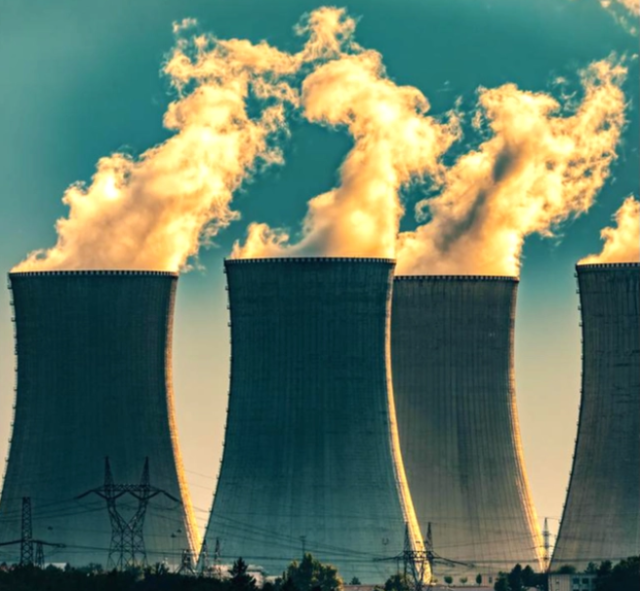Vietnam has decided to restart its nuclear power program after an eight-year hiatus since 2016. On November 30, 2024, the National Assembly issued a Resolution on the development of nuclear power to meet electricity demand and reduce greenhouse gas emissions, aiming to achieve Net Zero by 2050.

The Vietnam Atomic Energy Institute (VINATOM) has set out tasks for 2025, including building a long-term research program, developing scientific potential and establishing excellent research groups in areas such as nuclear power technology, nuclear physics and nuclear safety assessment.
Nuclear energy is being strongly developed in the world to cope with climate change. In 2023, global nuclear power plants will provide 2,602 TWh of electricity, up from 2,545 TWh in 2022. The global nuclear power market has increased from USD 215.19 billion in 2023 to USD 227.54 billion in 2024, with an annual growth rate of 5.7%.
Currently, 14 countries produce at least 25% of their electricity from nuclear energy, with France leading with about 70%. Countries such as Bangladesh and Turkey are building their first nuclear power plants, while about 30 other countries, including Vietnam, are considering or implementing nuclear power programs.
Vietnam’s resumption of its nuclear power program marks an important step forward in ensuring energy security and its commitment to reducing emissions, while integrating into the global clean energy development trend.

